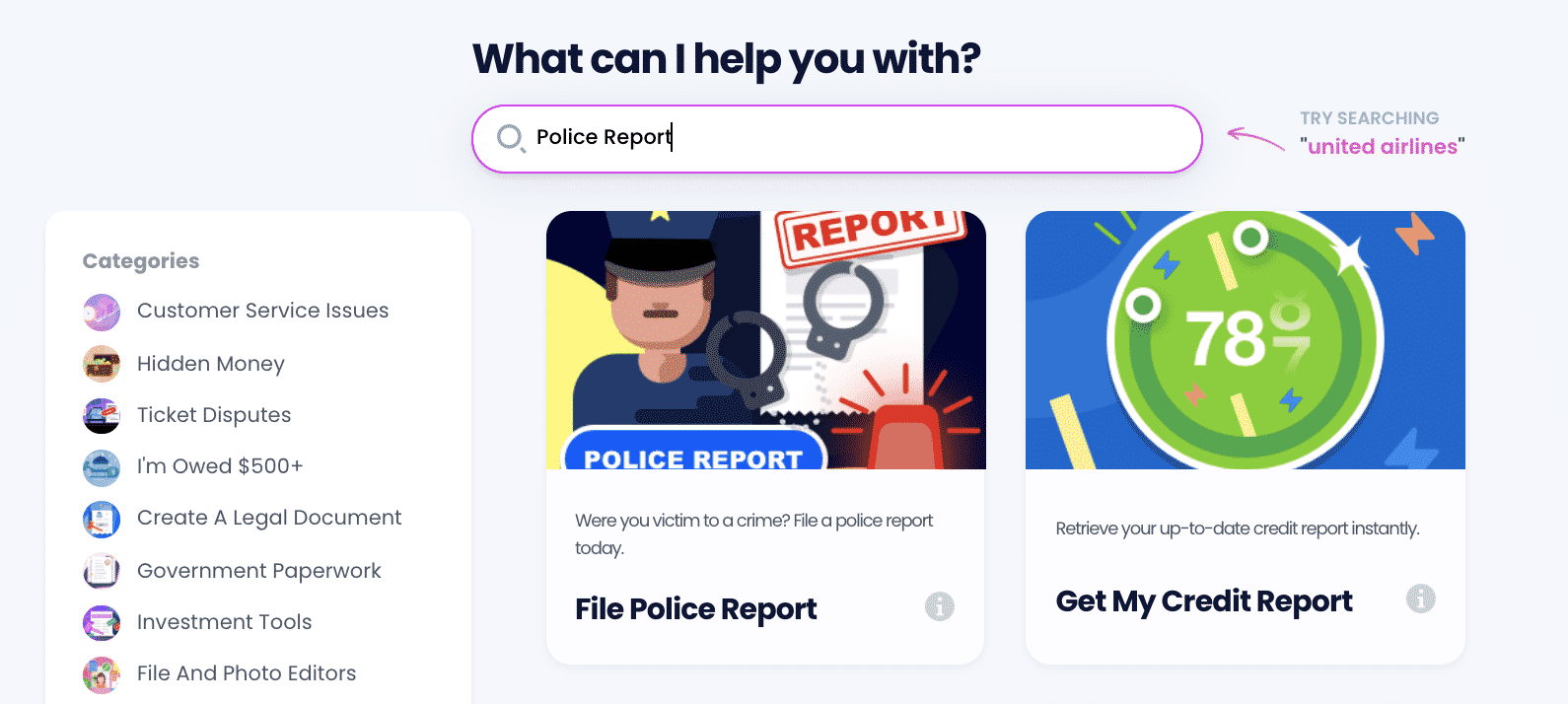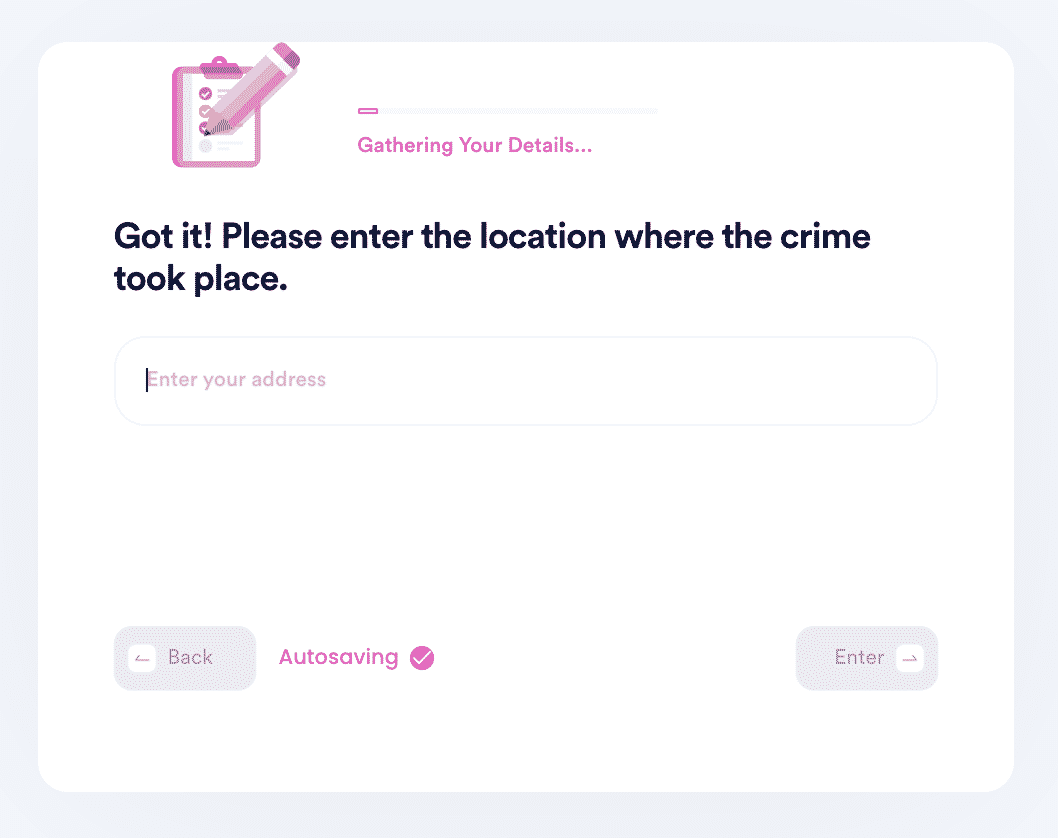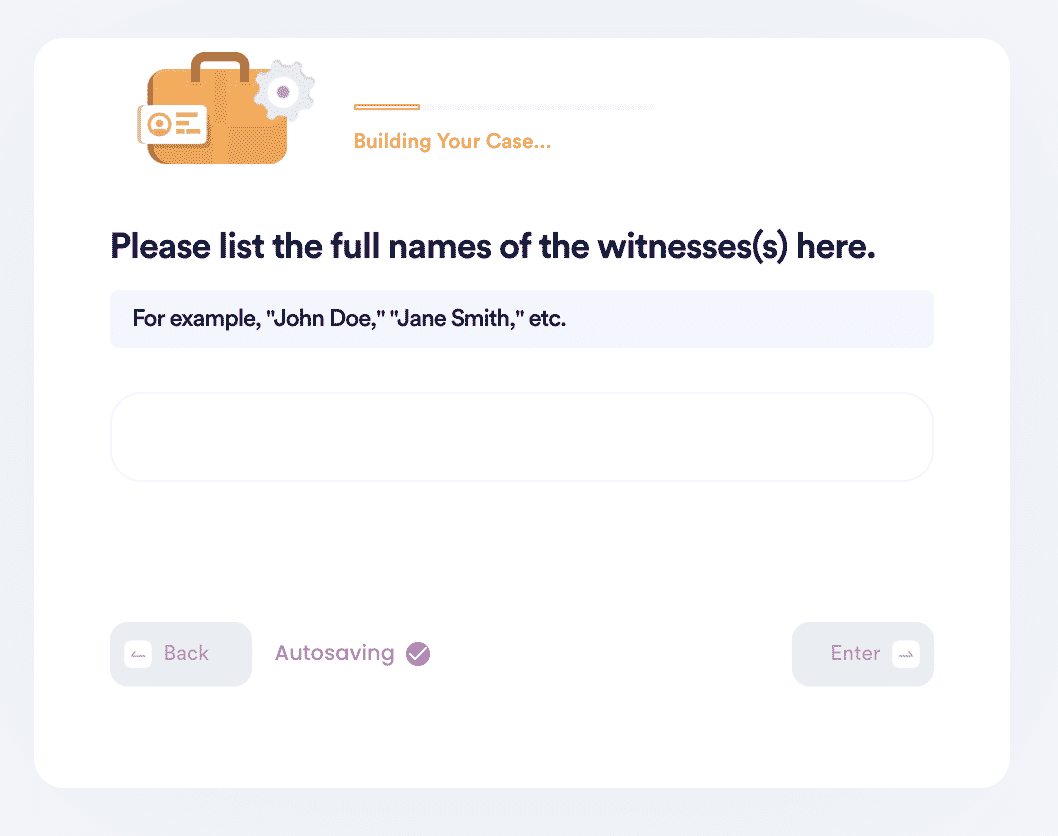How to File a Police Report on a Scammer
Yikes! You just realized a scammer victimized you. Hopefully, you'll already know , because that's one of the first steps you should take. After you've notified any financial institutions that may be involved, of course. Many people have the misperception that you should only file a police report for major crimes like burglary, robbery, or murder. That isn't true at all!
It's equally important to file a police report if you've been a victim of harassing phone calls, graffiti, or other non-violent crimes. The police can't stop people from committing these crimes if they don't hear about them.
Why You Should Report a Scammer
You may not suffer physical injury from fraudulent use of a credit card, identity theft, or a scam, but the emotional damage can be devastating. Not to mention the damage to your wallet! That's why you need to know in case you ever become a victim.
Your insurance company won't pay to repair your car if you don't file a police report after a car accident. So how can you expect to repair the damage to your wallet or your reputation if you don't report a scam or identity theft?
Where Do You File a Police Report About a Scam?
If the scammer is in your home, excuse yourself and call 911 for immediate assistance. Try not to let on that you've alerted the authorities.
If the scammer isn't still hanging around, call the number of your local police station. If the scam didn't occur in your hometown, report it to the police department of the town where it occurred. Depending on where the scam took place, you may be able to file a police report online. If not, call the police station to see if you can file a report by phone or if you'll need to file it in person.
In serious cases where substantial amounts of money are involved, you'll probably have to file a police report in person. The same goes for identity theft or significant fraud involving bank accounts or credit cards.
Reporting a Scam by Yourself Isn't Easy
You'll need to gather evidence and find the right people to report the scam to. Even though the memory is probably painful, you'll also need to think through what happened carefully. That's because you'll have to explain each step of the scam clearly — not easy in the unfamiliar setting of a police station!
What Evidence Will You Need?
At a minimum, you'll need these three things:
- Phone numbers or any other contact information you may have
- Emails or text messages
- Receipts or other paperwork related to the scam
If you lost any money through the scam, you'll also need:
- The amount of money you lost
- The form the money was in (cash, check, money order, wire transfer, cryptocurrency, credit card, gift card, etc.)
- The dates that any money changed hands
Where Else You Should Report a Scammer
Even if you didn't lose any money or other property to the scammer, you should still report the scam to your state's consumer protection office. After all, the next person may be more gullible than you. How would you feel if the scammer's next target was your grandparent and you didn't help stop them when you had the chance?
If you suspect your identity has been stolen, you should also file a report with the Federal Trade Commission (FTC).
Reporting Different Types of Fraud
The Department of Justice recommends reporting fraud to the appropriate agency:
| Consumer Fraud and Identity Theft | FTC (1-877-ID-THEFT or www.ftc.gov) |
| Internet Fraud or Lottery/Sweepstakes Fraud Over the Internet | Internet Crime Complaint Center (www.ic3.gov) |
| Mail Fraud or Lottery/Sweepstakes Fraud Through the Mail | U.S. Postal Inspection Service (1-800-372-8347 or postalinspectors.uspis.gov) |
The DOJ also recommends reporting local fraud to your State Attorney General's office. After you've filed a police report about the scam, of course!
Not Feeling up to Handling All This on Your Own?
It's a lot to handle — preserving evidence, filing reports with different agencies, discussing a potentially embarrassing subject with strangers... No wonder you feel mentally exhausted and wish you could skip the whole process of reporting the scam!
Filing the police report is usually the most difficult part of reporting a scam. Now you can get help with that often onerous task. Having expert help to walk you through the process can make such a huge difference. Fortunately, help is at hand with DoNotPay!
How to file a police report using DoNotPay:
If you want to file a police report but don't know where to start, DoNotPay has you covered in 3 easy steps:
- Search "police report" on DoNotPay and select the type of incident you would like to report.

- Tell us more about the incident that occurred, including the location, date, time, and sequence of events. Include information on financial losses, personal injuries, or property damage that happened as a result.

- List any suspects or witnesses you are aware of, verify your contact information, and submit.

Now That You Know How to File a Police Report on a Scammer...
Scammers aren't the only criminals out there or the only reason to file a police report. DoNotPay makes it simpler and easier to file other kinds of police reports, too.
Here are other police reports DoNotPay can help you file:
Congratulations, you're successfully fighting back against scam artists, identity thieves, and other criminals the quick and easy way with DoNotPay!
 By
By